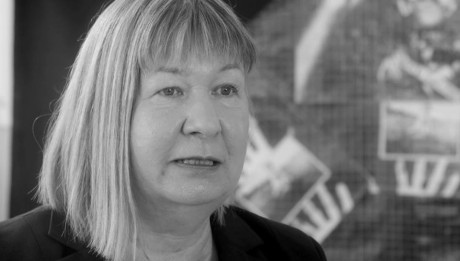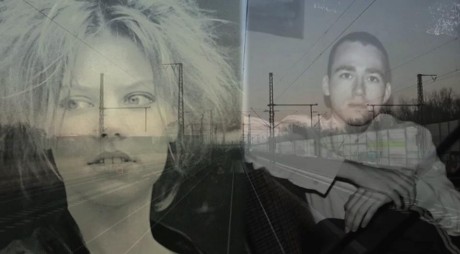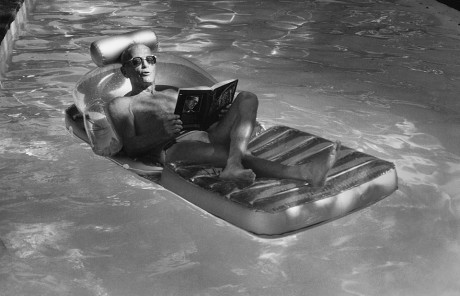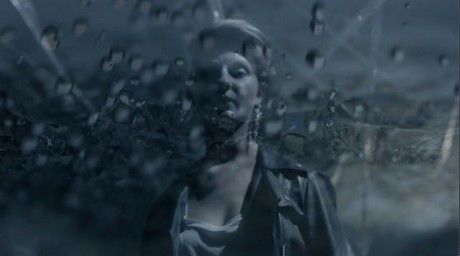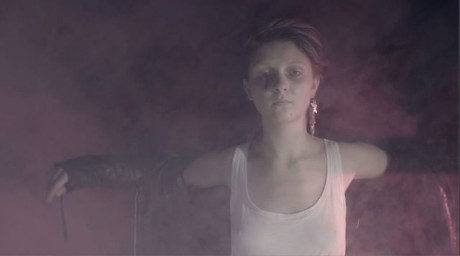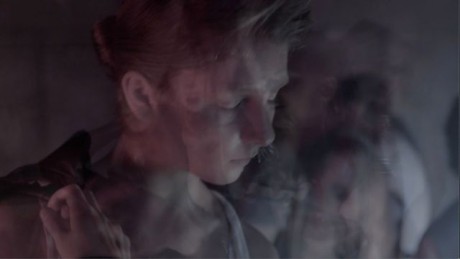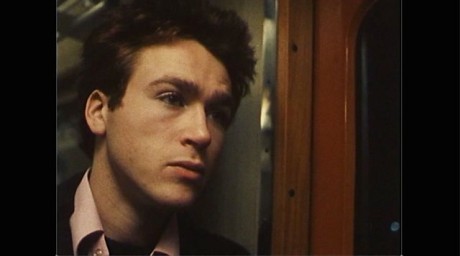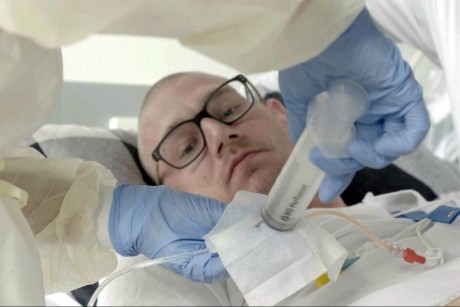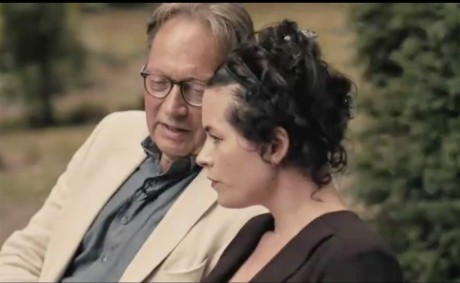


Andrijana Stojkovic: Wongar
Some films do not need the pressure of actuality that many broadcasters and festivals want for their audience. Many films would benefit from resting in the editing phase for the maker(s) to come back and look at the material with fresh eyes. Deadlines for delivery block this most of the time.
My dear friend Serbian Andrijana Stojkovic went to and fro the editing room for her film “Wongar”. For years. Well, for the decade it took, she did a feature film, “The Box”, she has been teaching documentaries, she has been part of the team behind the Magnificent7 festival in Belgrade, she has been editing with Syrian directors, she is producing… but she has also been hesitating. She has been doubtful how to finish the film.
Now it is there, finished and waiting for festivals to pick it up for a world premiere. Photography: Portuguese master Joao Ribeiro, producer Jelena Stankovic.
I am happy for her. The film is good. It shows that the
director/editor dares to keep long scenes, that reflect the age and thoughts of the old man called Wongar. She invites the viewer to stay in the moment, love it. An old man who lives alone with his dingoes, who are his close friends, his whole life actually, the scenes with him talking and caring for them are touching your heart. It’s unconditional love. But in the narrative, step by step, holding back information, indicating in the beginning that this man is a writer and a photographer and not ”only” a fragile old man. A writer and photographer of aboriginal life he is, the viewer gets to know through beautifully shot sceneries with aboriginals, through mystical fascinating cave drawings, through aboriginal performance sequences that ”break in” here and there.
What can I say but: This is a film for an audience who loves Films.
And for those festival people or brave broadcasters, who read this text and appreciate film as an art form, here is a text that Andrijana Stojkovic uses herself to present the film:
“Australian writer Wongar lives a secluded life in the suburbs of Melbourne taking care of his 6 dingoes. His latest novel is about to be published but at the same time his longtime companion, dingo Timmy, has fallen sick. The vets suggest to Wongar that the dog should be put to sleep but he strongly resists. He believes that he can look for help for Timmy elsewhere: he dives deep in to his own memory in attempt to summon the sprits of the Aboriginal ancestry. In his daydreams, he encounters Aboriginal people and their joint effort help the dingo to survive.”
Serbia, 2018, 59 mins.
